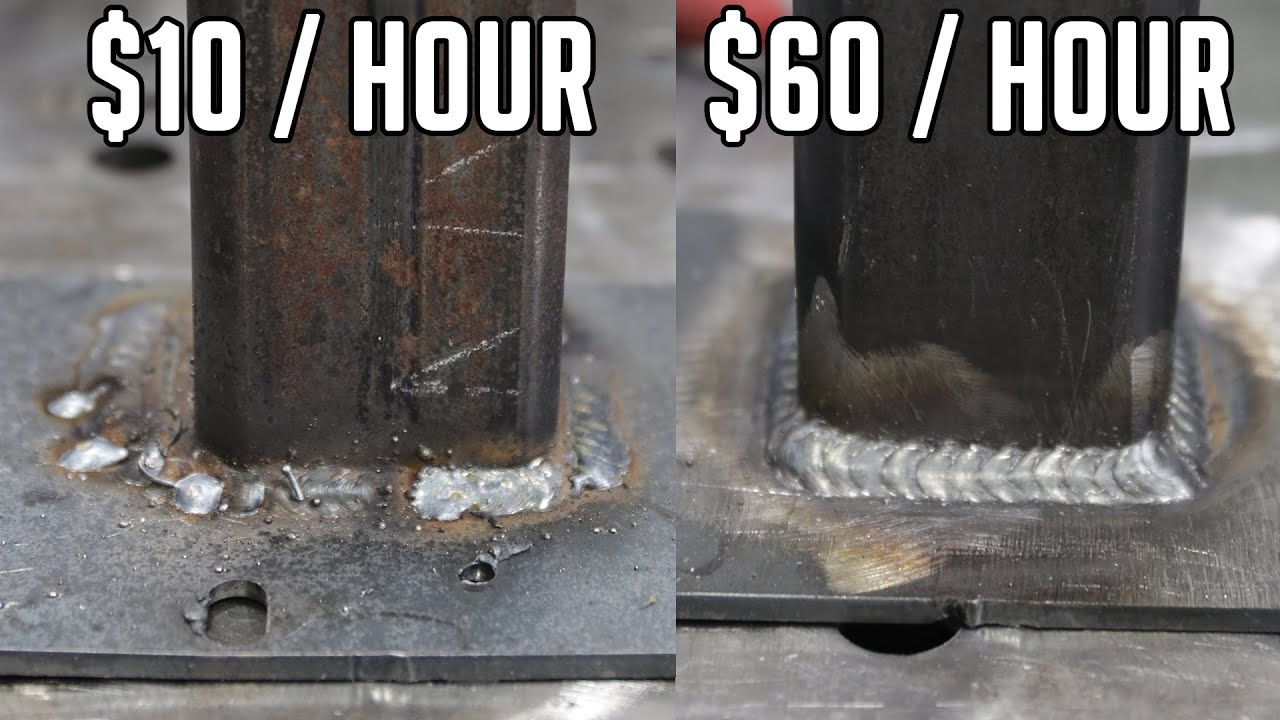For new welding shops, certifying staff without delaying projects requires deliberate planning. This system outlines a practical 90-day window to align exam dates with startup milestones.
Why busy weld shops need a certification scheduling system
Certified personnel are a customer requirement. When exam dates conflict with production deadlines, jobs slip and shop revenue suffers. A formal scheduling system creates predictable paths to certification that protect delivery timelines.
90-day plan at a glance
The plan is built around 12 weeks of focused activity. It anchors target certifications to your startup milestones and uses simple weekly practice blocks to build readiness without burning capacity.
- Weeks 1–2: select certifications, lock target exam dates, assign roles
- Weeks 3–6: build practice blocks, track proficiency
- Weeks 7–9: simulate exam conditions, adjust schedule
- Weeks 10–12: finalize readiness and complete paperwork
Phase 1: Foundations (Days 1–30)
Set clear targets: which certs are needed (for example SMAW and GTAW). Map acceptance criteria (practice coupons, visual checks, and required pen-and-paper tests). Create a simple weekly plan and a one-page readiness checklist you can post near the bay.
Example baseline schedule
- Week 1: two 60-minute practice sessions focused on joints and positions; one 30-minute review of weld procedures
- Week 2: three 60-minute sessions with fixture setup and basic coupons
- Week 3–4: introduce mock exams and track results to identify gaps
Phase 2: Build practice routines (Days 31–60)
Develop repeatable routines for the core processes you’ll be tested on. Use simple metrics: pass rates on visual inspection, bead consistency, and root pass quality. Rotate through flat, horizontal, vertical, and overhead positions to ensure broad readiness.
Practical tips
- Keep sessions short and focused to maximize retention
- Log results in a single sheet to spot trends quickly
- Schedule occasional rest days to prevent burnout and tool wear
Phase 3: Aligning exams with startup milestones (Days 61–90)
Move from practice into exam readiness. Pick a final exam window that fits your production plan and book time in the shop to run the test without interrupting customer work.
- Reserve an exam date window and lock shop time
- Two-week ramp-down before the exam to minimize last-minute issues
- Prepare equipment, PPE, and calibration checks for exam day
Practical tips and templates
Use a simple 90‑day calendar, a practice routine checklist, and a readiness rubric. Print a one-page plan and post it in the shop as a constant reference.
Common pitfalls and how to avoid them
- Overloading the schedule; keep a sustainable pace
- Not tracking progress; use a single log to capture attempts and outcomes
- Forgetting downtime for maintenance and rest
Next steps
Put the plan into action in your shop and adjust as you learn. If you want a ready-to-use 90-day template and worksheets, grab the printable bundle in the resources area of the site.



